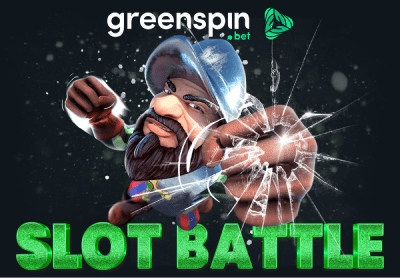The announcement came four months after the US Supreme Court declined to hear the West Flagler case against the US Department of Justice (DoJ). That decision allowed an appellate court decision to stand. At its heart, the ruling made it legal for the Seminoles to offer digital sports betting anywhere within Florida.
West Flagler and the Seminoles agreed to “refrain from engaging in any future litigation with respect to the Seminole tribe’s gaming operations”, according to a release. The announcement is a stunning reversal for the two sides. West Flagler, owners of two Florida pari-mutuels, spent three years and untold dollars in federal and state court battles in an attempt to declare the 2021 Seminole-Florida compact invalid.
“As I said when this litigation first started, West Flagler had no chance to prevail,” NOVA Southeastern constitutional law professor Bob Jarvis told iGB. “Nevertheless, it fought against the Seminoles in both federal and state courtrooms in both Florida and the District of Columbia (including the US Supreme Court), to no avail. One wonders why West Flagler was so pig-headed, what advice it received from its attorneys and whether it now regrets its decision to spend so much money on a quest that could not possibly succeed.”
Seminole partners must pay 60% of revenue
The compact allows for bets to be considered placed where received. Any bet made in Florida that flows through a server in Indian Country is considered to have been placed there. State lawmakers at about the same time agreed to extend the tribe’s exclusivity to gambling to include digital betting.
Within the industry, it is understood that sports betting legalisation is the foundation for online casino. The compact does not explicitly allow for online gambling. But the phrase “any new game authorised by Florida law for any person for any purpose” is part of the definition of “covered games”. This means that if the state legalises online casino, the tribe will be able to offer it.
“With this agreement, the Seminoles can now fully move forward with their plans,” Jarvis said. “Thus, we will soon see the tribe soon go back to the state and begin negotiating for full mobile betting…. The real question will be: how much does Florida demand for authorising full mobile betting?”
Under the compact, the Seminoles must pay the state a revenue share of $2.5 billion (£1.9 billion/€2.3 billion) over five years. This is from profits from sports betting and land-based casinos. The tribe operates six casinos in Florida in addition to Hard Rock Bet.
Commercial entities are prohibited from offering online wagering in Florida unless they want to partner with the Seminoles. To do so, commercial operators must pay the tribe 60% of gross gaming revenue. They must also put their software on the Seminole server.
Hard Rock’s Allen calls deal a “win-win”
West Flagler’s deal with the Seminoles is the first of its kind. Seminole Gaming CEO Jim Allen earlier this month told CNBC that his company is open to partnerships. But major operators have previously told iGB that the cost and requirement to share a tech stack are non-starters.
Allen called the agreement a “win-win” for both parties, and lauded a new “relationship of collaboration”.
He went on to say: “Rather than engaging in years of additional litigation, this agreement will allow the parties to work together to promote Jai Alai, which has played an important role in Florida’s gaming landscape for nearly 100 years.”
Under the deal, Hard Rock Bet will offer jai alai betting as soon as the first quarter of 2025.












